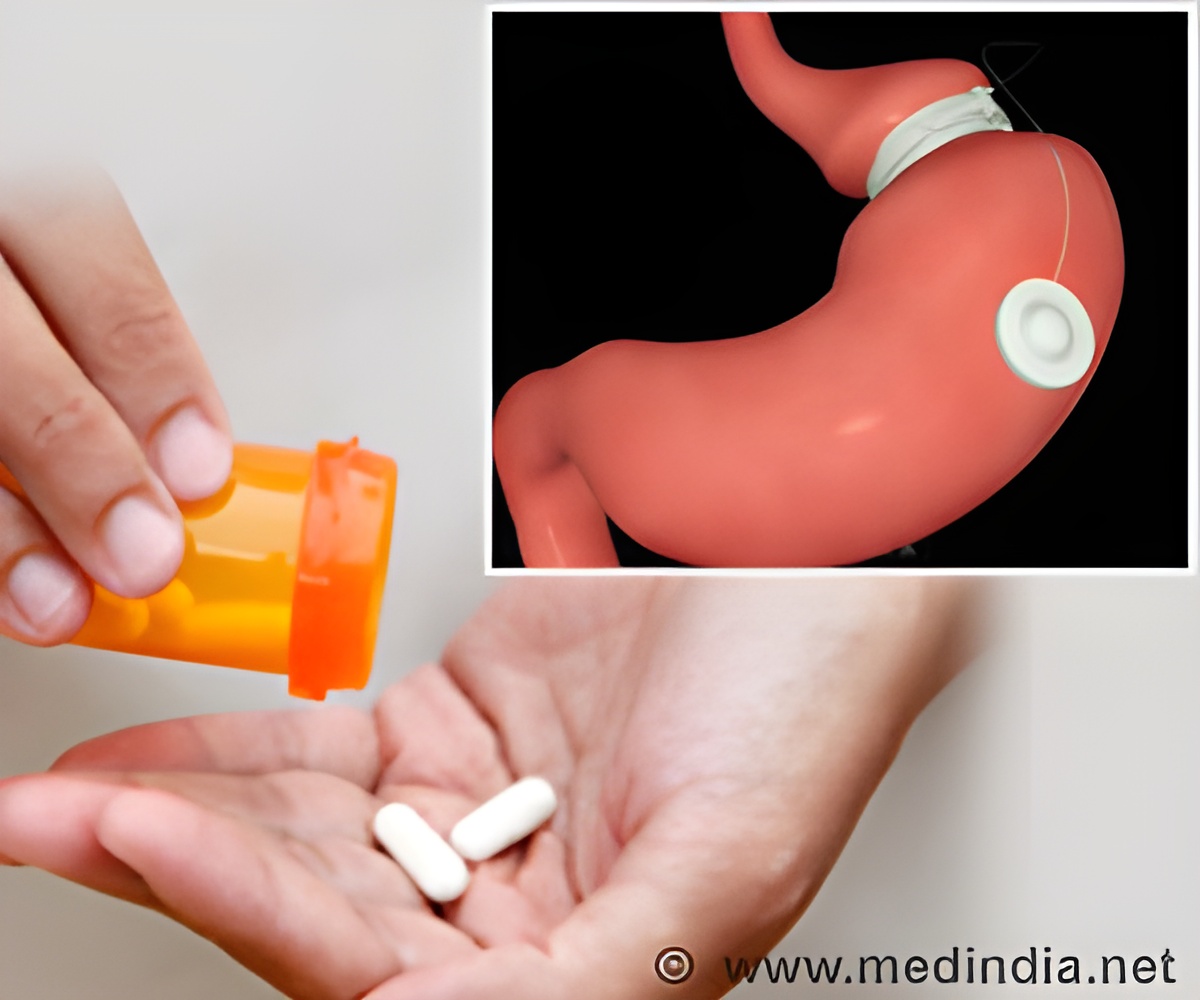An increased or prolonged use of opioid postoperatively in bariatric surgeries can lead to its addiction

‘Patients undergoing bariatric surgery might be particularly vulnerable to opioid dependence, because of chronic knee or back pain conditions usually associated with morbid obesity.’





"Surgeons must identify patients who may be at higher risk for addiction to opioids, so they can adjust prescribing for postoperative pain," said Dr. Ghaferi, who also directs the Ann Arbor-based Michigan Bariatric Surgery Collaborative (MBSC), a quality improvement program that supplied the study data. "Patients undergoing bariatric surgery might be particularly vulnerable to opioid dependence, because of chronic knee and back pain associated with morbid obesity."
An estimated 196,000 patients underwent bariatric operations in the United States in 2015. Understanding the prevalence of persistent opioid use after bariatric operations is important, Dr. Ghaferi noted, as the nation struggles with an epidemic of opioid abuse.
About 2 million Americans had a substance use disorder involving prescription pain medications, according to the 2015 National Survey on Drug Use and Health.
For this study, Dr. Ghaferi and his fellow investigators used the MBSC database, which includes 95 percent of bariatric operations performed in Michigan. They identified 14,063 patients undergoing first-time bariatric surgical procedures (primarily minimally invasive, laparoscopic procedures) who completed surveys about their use of prescription painkillers pre-operatively and again one year after the operation.
Advertisement
Patients undergoing weight-loss operations routinely receive an opioid prescription for postoperative pain, and most patients discontinue using opioid medications earlier than two weeks after their operation, Dr. Ghaferi said. Their study, however, found a small minority who continued taking the potentially addictive medications much longer.
Advertisement
This rate of new persistent opioid use was 46 percent higher than the 6 percent rate reported among opioid-naive patients in general surgical populations, Dr. Ghaferi said. The general surgical data, he explained, came from the Michigan Opioid Prescribing Engaging Network, or Michigan-OPEN, an initiative that aims to prevent surgery-related opioid abuse.
When the researchers analyzed survey data for all bariatric surgical patients, including those who reported using opioids before their operation, they found that nearly one in four patients were still taking opioid medication a year post-operatively.
"Given the known elevated risk of cross-addiction to alcohol and illicit drugs in bariatric surgical patients," Dr. Ghaferi said, "providers should pay special attention to opioid use during the postsurgical period."
He said patients should understand that that they do not need to finish their opioid prescription once they feel better. While taking opioids, patients also should use non-opioid pain medicine, such as ibuprofen or acetaminophen (if not already in their opioid pills), which can reduce their opioid requirements.
Based on these findings, Dr. Ghaferi said he and his University of Michigan colleagues have made changes to reduce opioid over prescribing and patients’ need for opioids after bariatric surgical procedures. Strategies he and other experts recommend to providers include: · Preoperatively screen patients for substance abuse risk factors, such as excessive alcohol use or a family history of substance use disorder · Prescribe fewer opioid pills in the first prescription Perform local nerve blocks in the operating room to minimize the need for postoperative opioid medications.
He added that further study is necessary to identify effective screening tools for opioid abuse and to determine the appropriate number of opioid pills to prescribe after bariatric surgical procedures.
"We don’t want our surgical patients to become addicted to opioids, but of course we don’t want them to be recovering at home in pain either," Dr. Ghaferi said.
Source-Eurekalert













